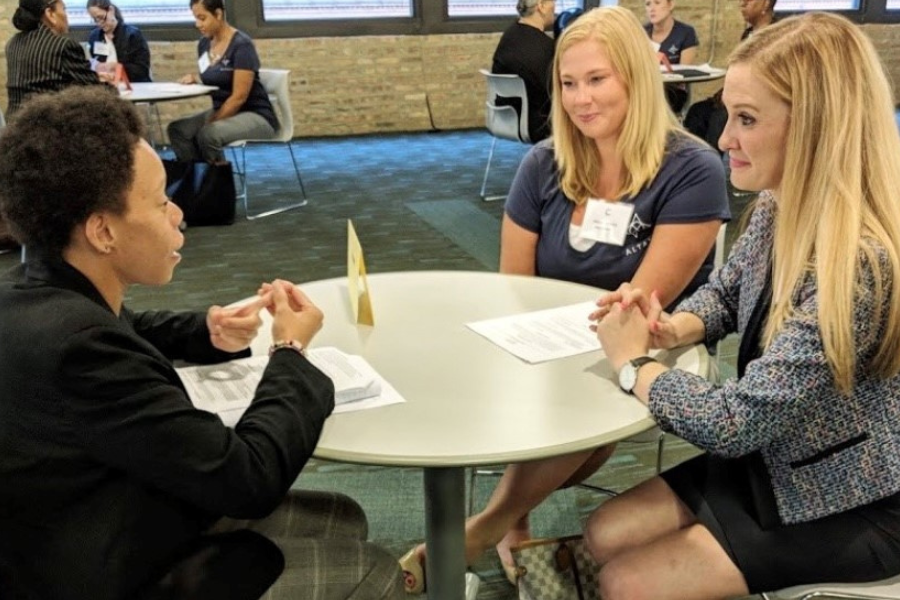

Donor-advised funds are not only increasing in popularity, they’re also one of the many things helping clients save money.
While they provide a lot of benefits, like tax deductions, those shouldn’t govern the ultimate decision to donate. In fact, those should come second.
“The intention has to be that you want to give a charitable gift in the first place, and that is really the true motivation,” said Kathryn O’Hara, director of financial planning at Altair Advisers.
While O’Hara’s focus is financial planning, she encourages all the firm’s clients to participate in charitable giving.
“For many of our clients, we go through and put together a plan and develop a capital sufficiency analysis,” she said. “And we can help our clients stress-test the impact of making a large charitable gift and what makes sense to give. Secondary to that model would be the income tax implications of that.
“But yes, the tax benefits are substantial and can be very meaningful to somebody,” she added.
O’Hara helps clients determine the amount of assets they want to put into their DAF. She then determines the type of fund that is best for them to use, depending on their financial situation.
When clients gift cash to their DAF, they can get a charitable deduction equal to 60% of their adjusted gross income. With appreciated stock, not only do they avoid paying capital gains tax, but they can also receive a charitable deduction equal to 30% of their adjusted gross income.
“If you’re looking to make a more substantial gift and there’s some appreciated stock, we find clients have positions they’ve been holding on to for many years that have built up a considerable gain, and that’s a great way to fulfill that philanthropic gift while also avoiding capital gains,” O’Hara said.
She said that DAFs are increasingly seeing a lot of interest because of the conversations around the tax benefits but also because of how readily available they are. It’s also easy for clients to contribute to a DAF.
“We spend a lot of time, too, helping them select the charities and think through where their gift would be really meaningful,” O’Hara said. “And for individuals who may not have the financial means to be able to make a monetary gift, anybody can give a gift of time.”
When it comes to geopolitical conflicts occurring around the world, she said people’s heartstrings are being pulled, causing them to feel more inclined to give.
“There’s a lot of good people out there, there really are,” O’Hara said. “Despite what we see and the bad things that we hear, there’s still a lot of good people who want to do a lot of good things. And each little gift makes a lot of impact.”

Relationships are key to our business but advisors are often slow to engage in specific activities designed to foster them.

Whichever path you go down, act now while you're still in control.

Pro-bitcoin professionals, however, say the cryptocurrency has ushered in change.

“LPL has evolved significantly over the last decade and still wants to scale up,” says one industry executive.

Survey findings from the Nationwide Retirement Institute offers pearls of planning wisdom from 60- to 65-year-olds, as well as insights into concerns.
Streamline your outreach with Aidentified's AI-driven solutions
This season’s market volatility: Positioning for rate relief, income growth and the AI rebound
